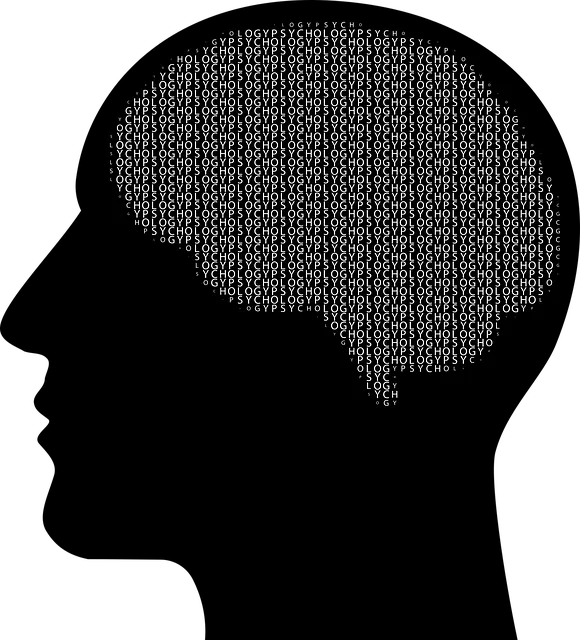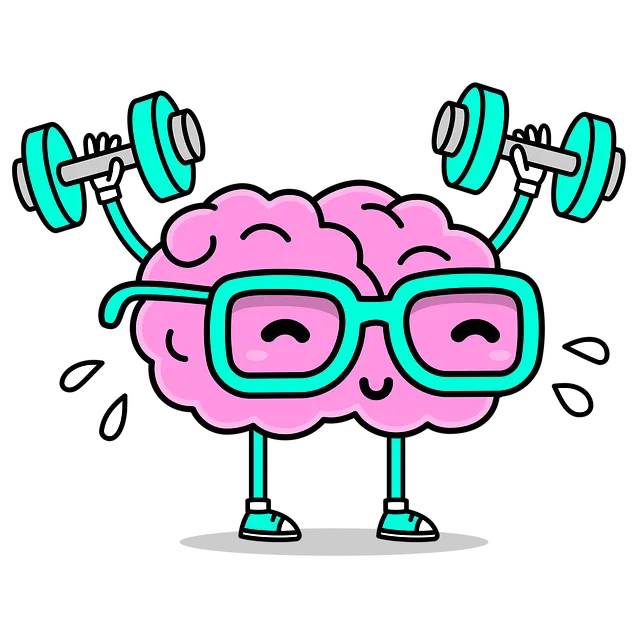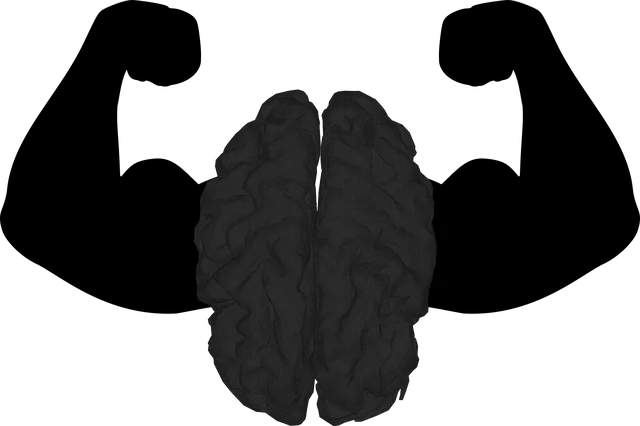Westminster Kaiser Permanente Mental Health Access Center employs Resilience and Feedback Management (RFM) as a core strategy for enhancing patient care and well-being. Through self-awareness exercises, Mind Over Matter principles, and cultural competency training, the center offers structured activities and educational programs focused on building resilience. This holistic approach, including resilience-building exercises, equips individuals with effective coping mechanisms, improves mental well-being, and aligns with broader risk management and advocacy efforts. Evaluating success involves tracking improvements in self-reported stress levels, job satisfaction, and overall mental health over time.
At the Westminster Kaiser Permanente Mental Health Access Center, resilience-focused exercises (RFM) have emerged as a powerful tool for enhancing patient mental well-being. This article explores the impact and implementation of RFM programs within this healthcare setting. We delve into how structured exercises foster resilience, offering practical strategies for delivery and addressing accessibility challenges. By examining success metrics, we highlight the effectiveness of RFM in transforming lives at Westminster Kaiser Permanente.
- Understanding RFM and its Role at Westminster Kaiser Permanente Mental Health Access Center
- The Impact of Resilience Building Exercises on Patient Mental Well-being
- Implementing RFM: Strategies and Techniques for Effective Delivery
- Overcoming Challenges and Ensuring Accessibility in a Healthcare Setting
- Measuring Success: Evaluating the Effectiveness of RFM Programs
Understanding RFM and its Role at Westminster Kaiser Permanente Mental Health Access Center

At Westminster Kaiser Permanente Mental Health Access Center, Resilience and Feedback Management (RFM) plays a pivotal role in enhancing patient care and overall well-being. This approach leverages self-awareness exercises and Mind Over Matter principles to empower individuals with effective coping mechanisms. By incorporating Cultural Competency Training tailored for healthcare providers, the center ensures that all interactions are sensitive to diverse cultural backgrounds, fostering a supportive environment.
RFM initiatives at Westminster Kaiser Permanente focus on building resilience through structured activities and educational programs. These exercises not only help patients navigate stress and adversity but also equip them with tools to actively manage their mental health. The center’s commitment to integrating Self-Awareness Exercises into its core practices underscores a holistic approach to well-being, reflecting the institution’s dedication to transforming lives within the community it serves.
The Impact of Resilience Building Exercises on Patient Mental Well-being

Resilience building exercises have been shown to significantly enhance patient mental well-being at facilities like the Westminster Kaiser Permanente Mental Health Access Center. These interventions are designed to equip individuals with effective coping strategies, fostering a sense of empowerment and emotional stability. By integrating Mind Over Matter principles into their practice, mental health professionals can provide patients with valuable tools to navigate life’s challenges.
The implementation of such exercises goes beyond mere therapy; it is a proactive approach to Risk Management Planning for Mental Health Professionals, aligning with broader Mental Health Policy Analysis and Advocacy efforts. Through regular engagement in resilience-focused activities, patients develop enhanced psychological flexibility, enabling them to better manage stress, anxiety, and other mental health concerns. This, in turn, leads to improved overall well-being and a greater sense of control over one’s life.
Implementing RFM: Strategies and Techniques for Effective Delivery

Implementing RFM (Resilience, Flexibility, and Mindfulness) strategies at Westminster Kaiser Permanente Mental Health Access Center involves a multi-faceted approach tailored to individual needs. The first step is to educate individuals about the principles of resilience building, encouraging them to embrace challenges as opportunities for growth. This can be achieved through workshops and group discussions that explore coping mechanisms and stress management techniques, fostering a culture of emotional well-being.
For effective RFM implementation, personalized plans are essential. Mental health professionals at Westminster Kaiser Permanente can guide clients in developing self-care routines, incorporating activities like meditation, exercise, and hobbies to enhance inner strength. Additionally, the production of a Mental Wellness Podcast Series can offer accessible resources, sharing strategies for resilience and providing a platform for open conversations about mental health, thereby promoting widespread adoption of these practices within the community.
Overcoming Challenges and Ensuring Accessibility in a Healthcare Setting

Implementing resilience-building exercises (RFM) in healthcare settings is a powerful strategy to enhance patient well-being, especially within mental health centers like the Westminster Kaiser Permanente Access Center. Overcoming challenges in this context requires a nuanced approach that addresses both practical and emotional barriers. Many individuals facing mental health issues may have had adverse experiences or struggle with emotional regulation, making it crucial for healthcare providers to offer culturally sensitive services.
By incorporating RFM, the Access Center can foster an environment of support and understanding. These exercises aim to build resilience by teaching coping mechanisms tailored to individual needs, potentially reducing symptoms of depression and anxiety. Ensuring accessibility involves recognizing and accommodating diverse cultural backgrounds and personal experiences, thereby promoting effective mental healthcare delivery and improving patient outcomes.
Measuring Success: Evaluating the Effectiveness of RFM Programs

Measuring success is a vital aspect of evaluating the effectiveness of RFM (Resilience, Flexibility, and Mindfulness) programs, particularly in institutions like Westminster Kaiser Permanente Mental Health Access Center. These initiatives aim to enhance healthcare providers’ resilience against burnout, their adaptability to diverse patient needs, and their mindfulness practices. A comprehensive evaluation should look beyond mere attendance or satisfaction surveys. It involves tracking improvements in self-reported stress levels, job satisfaction, and overall mental health over time.
Regular assessments can highlight specific areas where RFM exercises excel or require refinement. For instance, Trauma Support Services within the center might show significant benefits in providers’ ability to manage emotionally demanding situations. Conversely, Self-Esteem Improvement programs could lead to enhanced confidence in clinical decision-making. By measuring these outcomes, Westminster Kaiser Permanente Mental Health Access Center can ensure that RFM initiatives align with their broader goals and continue to offer relevant, impactful support for healthcare providers.
The implementation of RFM at the Westminster Kaiser Permanente Mental Health Access Center has shown significant promise in enhancing patient mental well-being. By integrating resilience-building exercises into healthcare settings, centers like this one can foster a supportive environment that empowers individuals to navigate life’s challenges effectively. Through strategic delivery techniques and continuous evaluation, RFM programs can be tailored to meet the diverse needs of patients, ensuring accessibility and maximizing positive outcomes. This approach underscores the importance of holistic mental health care in transforming lives and creating a more resilient community.






